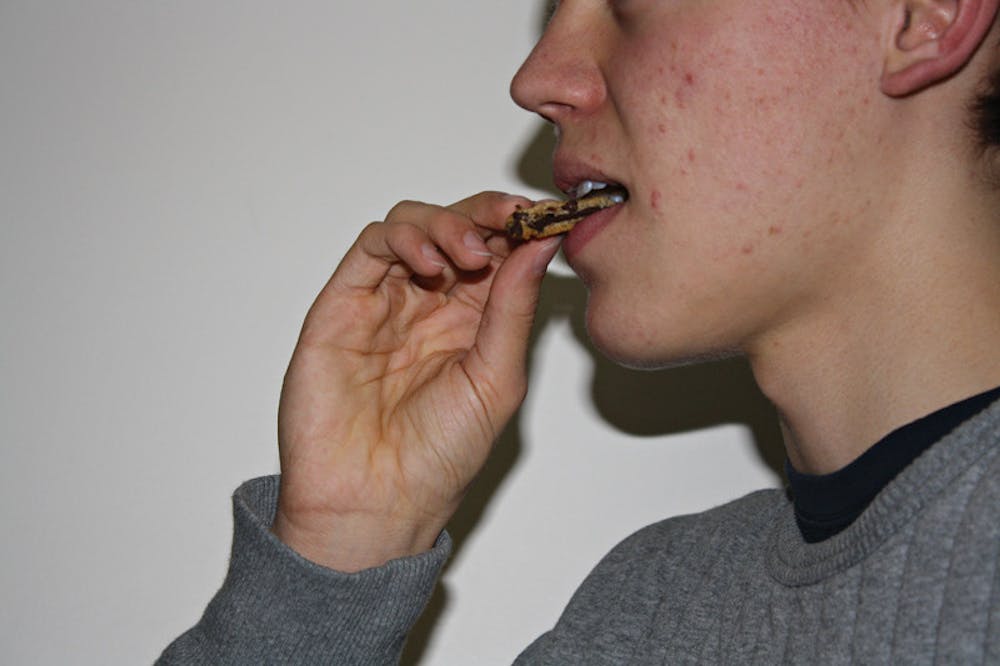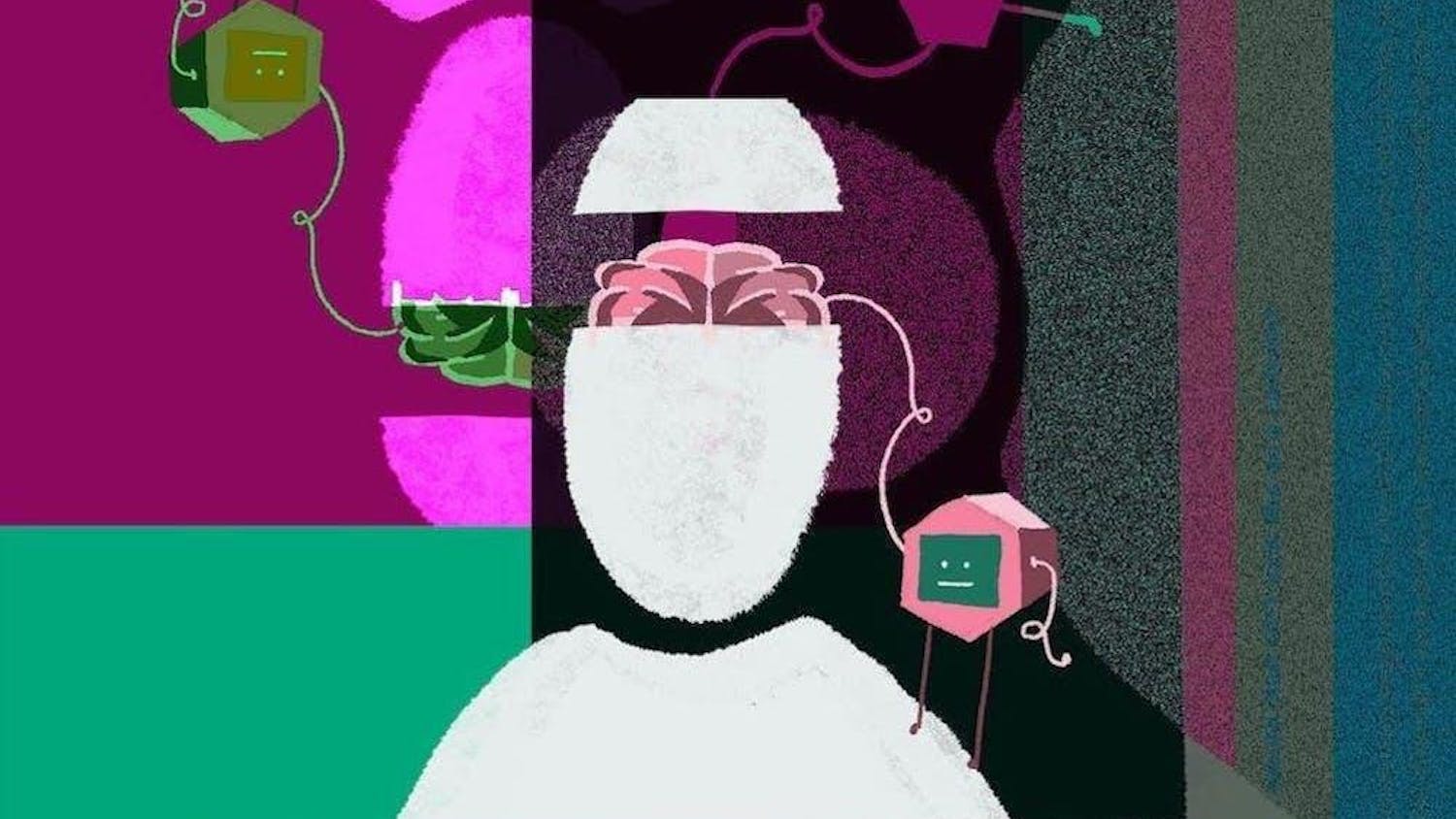Thinking about the long-term health effects of eating unhealthful foods may be a useful way to combat cravings, according to a study led by Kathryn Demos, assistant professor of psychiatry and human behavior. She presented her findings as part of Obesity Week 2014, which took place Nov. 2-7.
Obesity Week is an annual conference hosted in Boston by the Obesity Society and the American Society for Metabolic and Bariatric Surgery. Demos’ research was one of only seven studies selected for presentation out of the nearly 1,100 at the conference. Her study represents “a novel approach” to obesity studies, said Tim Moran, a representative from Obesity Week and professor of motivated behaviors and psychiatry and behavioral sciences at Johns Hopkins University.
The study is indicative of a recent shift in the field toward examining neurological treatment rather than physical activity, which has been the norm, explained Katie Becofsky, a postdoctoral research fellow who was not involved in the study.
Demos and colleagues conducted the study with 25 participants, aged 28 to 55, all of whom fell into the range of overweight to obese when screened by body mass index. The participants completed a computer task to determine which foods were tempting to them. Next, the researchers taught the participants to use four different mindsets to confront cravings — called “NOW,” “LATER,” “DISTRACT” and “ALLOW”. With the first mindset, “NOW,” the participant focuses on the immediate gratification of eating the food, while with the “LATER” mindset, the participant ponders the long-term negative health consequences of eating the food.
When using “DISTRACT,” the participants turn their attention to something other than the food, and with “ALLOW,” participants let themselves recognize their cravings exist but also remind themselves that they should not act upon their food urges.
The researchers showed participants images of the tempting food while scanning their brains by MRI. The scientists asked them to use the mindsets at random for about a minute and then rate their cravings on a four-point scale.
The idea for this study and some of the methodology are borrowed from research around smoking cessation, Demos said, though in previous smoking studies, only the mindsets NOW and LATER were used.
Researchers found that the LATER mindset was most effective in lowering desire for the unhealthy foods. Brain scans showed important changes in the dorsolateral prefrontal cortex — the part of the brain associated with inhibitory control and self-regulation.
“It’s possible that using this mindset or thinking this way might be able to reduce cravings,” Demos said, adding that her work takes a step further than previous research has gone. There has been a lot of research about what happens when one looks at food, but this study shows what happens when a person looks at food and thinks about it. “The way you think about food can change the way your brain responds,” she added.
The implications of this study could be important for combating obesity as well as serious related illnesses like diabetes and heart disease. “Considering the world we live in — bombarded with advertisements for unhealthy food — it’s very important to understand the basis of decision making,” Becofsky said.
Demos said she wants to do further research on how these methods could work to reduce cravings over an extended period, as scientists “don’t know how these strategies could affect cravings over a longer period of time.” She said she would also be interested in analyzing if different mindsets work better or worse for different individuals.

ADVERTISEMENT




